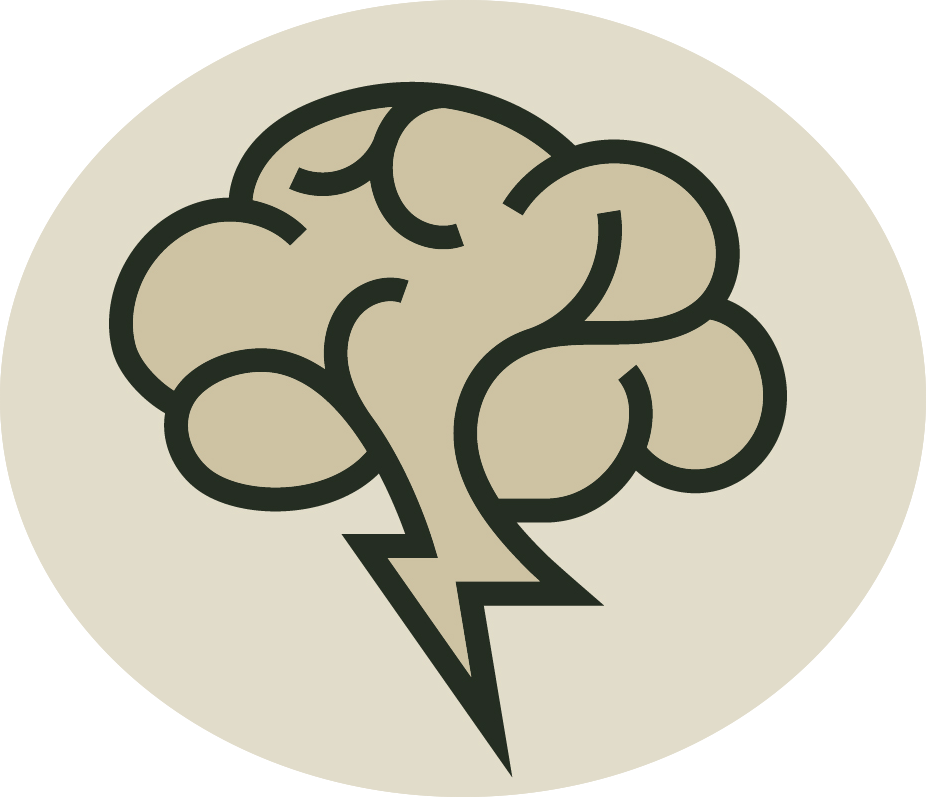Positive Psychology Coaching for Personal and Professional Growth
At Daniela Boalt Coaching, we specialize in positive psychology coaching, an evidence-based approach that emphasizes strengths, resilience, and growth. Our coaching services are designed to help you cultivate a positive mindset, overcome challenges, and achieve your personal and professional goals.
Our positive psychology coaching services include:
Career Coaching: We use positive psychology principles to help you identify your strengths and passions, and align them with your career goals. We help you overcome obstacles, develop new skills, and tap into your motivation to achieve career success and fulfillment.
Personal Development Coaching: Our positive psychology approach to personal development coaching focuses on cultivating positive emotions, building resilience, and fostering a growth mindset. We help you develop a deep sense of self-awareness, identify your core values, and work towards achieving your most meaningful goals.
Relationship Coaching: We use positive psychology strategies to help you improve your communication skills, build stronger connections, and foster more positive relationships. We help you develop empathy, compassion, and gratitude, which can lead to more fulfilling and harmonious relationships with others.
Leadership Coaching: Our positive psychology leadership coaching focuses on developing the strengths, values, and character traits needed to be an effective and ethical leader. We help you cultivate a positive organizational culture, foster collaboration, and inspire your team to achieve their full potential.
All of our coaching services are tailored to your unique needs and objectives, and are conducted in a safe and supportive environment. Our positive psychology coaching approach is designed to help you build resilience, increase happiness, and achieve greater success and fulfillment in your life. Contact us today to learn more about our positive psychology coaching services and to schedule a consultation.
Frequently Asked Questions
What is Professional Coaching?
Coaching is defined as partnering with clients in a thought-provoking and creative process that inspires them to maximize their personal and professional potential. Coaches honor the client as the expert in his or her life and work and believe every client is creative, resourceful and whole. Standing on this foundation, the coach’s responsibility is to:
Discover, clarify, and align with what the client wants to achieve
Encourage client self-discovery
Elicit client-generated solutions and strategies
Hold the client responsible and accountable
This process helps clients dramatically improve their outlook on work and life while improving their leadership skills and unlocking their potential.
How does the process of Coaching work?
Coaching typically begins with a personal interview to assess the individual’s or business’ current opportunities and challenges, define the scope of the relationship, identify priorities for action and establish specific desired outcomes. Subsequent coaching sessions are conducted virtually, with each session lasting a previously established length of time. Between scheduled coaching sessions, the individual may be asked to complete specific actions that support the achievement of one’s personally prioritized goals. The coach may provide additional resources in the form of relevant articles, checklists, assessments or models to support the individual’s or business’ thinking and actions. The duration of the coaching relationship varies depending on needs and preferences.
What are Assessments?
Assessments are available to support the coaching process, depending upon the needs and circumstances of the individual or business. Assessments provide objective information that can enhance self-awareness, as well as awareness of others and their circumstances; provide a benchmark for creating coaching goals and actionable strategies; and offer a method for evaluating progress. Ultimately, the client will decide if they would like to explore their personality more with assessment tools.
How is Coaching different from other service professions?
Professional coaching focuses on setting goals, creating outcomes and managing personal change. It is helpful to understand coaching by distinguishing it from other personal or organizational support professions.
Therapy: Therapy deals with healing pain, dysfunction and conflict within an individual or in relationships. The focus is often on resolving difficulties arising from the past that hamper an individual’s emotional functioning in the present, improving overall psychological functioning, and dealing with the present in more emotionally healthy ways. Coaching, on the other hand, supports personal and professional growth based on self-initiated change in pursuit of specific actionable outcomes. These outcomes are linked to personal or professional success. Coaching is future focused. While positive feelings/emotions may be a natural outcome of coaching, the primary focus is on creating actionable strategies for achieving specific goals in one’s work or personal life. The emphases in a coaching relationship are on action, accountability, and follow through.
Consulting: Individuals or organizations retain consultants for their expertise. While consulting approaches vary widely, the assumption is the consultant will diagnose problems and prescribe and, sometimes, implement solutions. With coaching, the assumption is that individuals or teams are capable of generating their own solutions, with the coach supplying supportive, discovery-based approaches and frameworks.
Mentoring: A mentor is an expert who provides wisdom and guidance based on his or her own experience. Mentoring may include advising, counseling and coaching. The coaching process does not include advising or counseling, and focuses instead on individuals or groups setting and reaching their own objectives.
Training: Training programs are based on objectives set out by the trainer or instructor. Though objectives are clarified in the coaching process, they are set by the individual or team being coached, with guidance provided by the coach. Training also assumes a linear learning path that coincides with an established curriculum. Coaching is less linear without a set curriculum.
Sports Coaching: Though sports metaphors are often used, professional coaching is different from sports coaching. The athletic coach is often seen as an expert who guides and directs the behavior of individuals or teams based on his or her greater experience and knowledge. Professional coaches possess these qualities, but their experience and knowledge of the individual or team determines the direction. Additionally, professional coaching, unlike athletic development, does not focus on behaviors that are being executed poorly or incorrectly. Instead, the focus is on identifying opportunity for development based on individual strengths and capabilities.



Questions before getting started?


